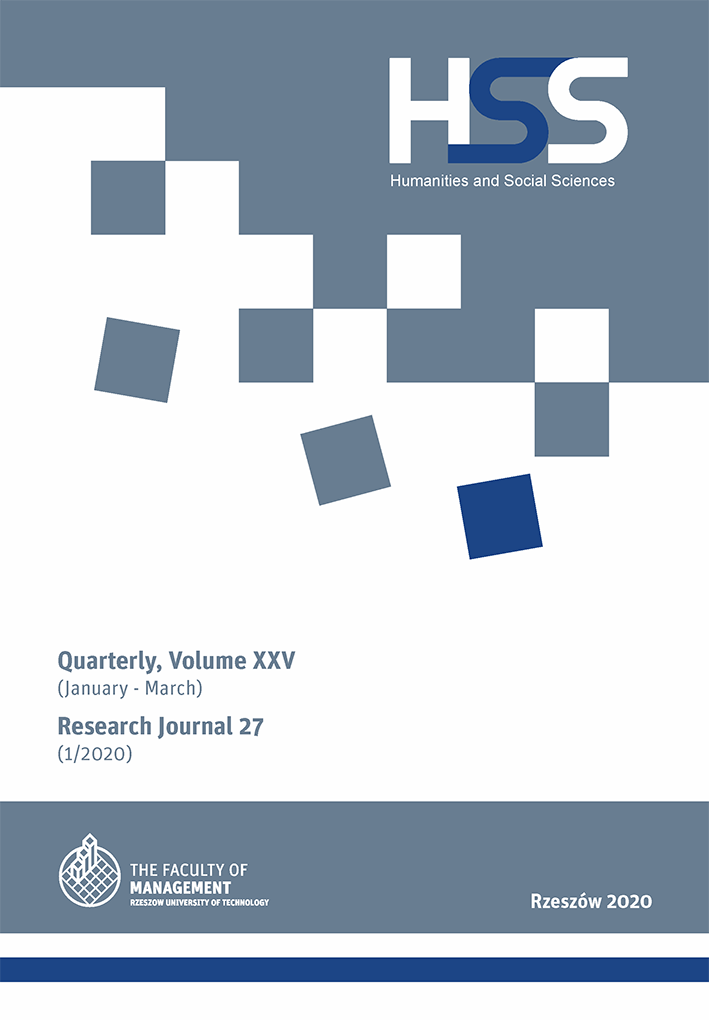Abstract
Individuals with physical disabilities constitute a social group that is very diverse in terms of the type of body dysfunction, degree of impairment, time and causes of the emergence of disability, and the possibility of independent functioning in the local environment. Common features of physical disabilities include the threat of marginalization, poverty, and social exclusion, which are often based on stereotypes. Most individuals with physical disabilities require rehabilitation, and not only medical rehabilitation. Individuals with physical disabilities also need social rehabilitation which is important for quality of life. An effective rehabilitation process needs to be adapted to the individual capabilities and needs of the patient, ensuring respect for his/her subjectivity and dignity during the therapy process. The rehabilitation process will need to overcome psychological barriers that hinder the creation of positive motivation for perseverance and effort in striving for the fullest possible participation in community life – at local, family, and professional levels. Contemporary active social policy, as well as, scientific and technical progress, and widespread computerization of life in all areas means that people with physical disability have more opportunities for professional work and comprehensive personal development. These opportunities are particularly important for individuals within the so-called ‘working age’, and will provide richer involvement in the mainstream of social life.
References
Błądek, Z. (2003)., Hotele bez granic. Przystosowanie do potrzeb osób niepełnosprawnych. Poznań: Albus.
Cackowski, Z. (1997). Ból, lęk, cierpienie. Lublin: Wydawnictwo UMCS.
Czykwin, E. (2007). Stygmat społeczny. Warszawa: Wydawnictwo Naukowe PWN.
Furmanek, W. (2006). Zarys humanistycznej teorii pracy (nowe horyzonty pedagogiki pracy). Warszawa: Instytut Badań Edukacyjnych.
Goffman, E. (2005). Piętno. Rozważania o zranionej tożsamości. Gdańsk: Gdańskie Wy-dawnictwo Psychologiczne.
Grabowski, J., Milewska, M., Stasiak, A. (2007). Vademecum organizatora turystyki niepełno-sprawnych. Łódź: Wydawnictwo WSTH w Łodzi.
Kowalik, S. (2007). Psychologia rehabilitacji. Warszawa: WAiP.
Sowa, J. (2004). Proces rehabilitacji. Warszawa–Rzeszów: Polskie Towarzystwo Walki z Kalectwem.


